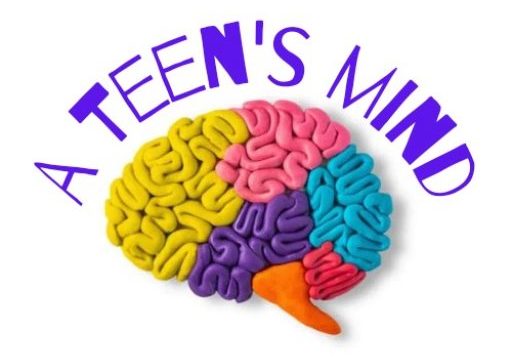According to a Newsweek study in 2020, about 1 in 4 Americans are estranged from their families. That totals to around roughly 67 million people. This topic really interested me because it personally hits close to home. Coming from a highly dysfunctional family, I was interested in finding out how these types of family situations affect people in America as adults. Ohio State University conducted interviews in 2019 with about 1,000 estranged mothers, asking what they think caused the relationship between their children to go downhill. Most interviewees reponded by saying it was caused by a third party of some sort, or that it was the child’s fault. This really shows the difference in perspective of the family members. Personally, I also think it’s unfortunately a generational difference in mentality. For example, my parents, both being Generation X, have been brought up to believe that family is forever, and that saying “blood is thicker than water” probably rings true to them a lot more than it does to me. Now being a Zoomer, I can proudly say that yes, while family is very important, I can definintely understand why young adults now feel the need to seperate themselves altogether from unheathy family members. Narcissim has been a big factor in a lot of family estrangement, and I think the generational shift in family values contributes greatly to that. I do not believe that you should have to tolerate verbally and emotionally abusive family members, especially if it is affecting your mental health. I can also relate, since narcissim runs high in my family. Kids that grew up with a narcissistic parent are more likley to develop low self-esteem as an adult. One thing I can vouch for with my generation, is that no one is worth your sanity, INCLUDING family. I was always told that family would be your safe haven when the real world gives you a wake-up call. While that is partially true, everyone’s family isn’t as warm and fuzzy as is shown on television. Dysfunctional families sometimes breeds dysfunctional adults because family shapes a big part of who we are.
How can we solve these kinds of issues moving forward?
I think it would definitely take some serious grunt work from both the older and younger generations, but if we try to understand the generational differences and how our actions/words now are perceived differently compared to decades ago, then we could possibly see some progress. The way I see it, the main issue stems from each generation believeing that their way of thinking is right. Trying to accommodate to different points of views and upbringings would at least make room for understanding and possible reconciliation. Families, in my honest opinion, have very little chances of lasting if everyone is just tolerating one another. Times are changing and it’s only going to get tougher if we’re all falling apart. Family means a lot, it makes up part of our identity, our backround, image, etc. No one is perfect, but we can strive for a deeper understanding for the sake of staying united.
– A Teen’s Mind


Leave a comment